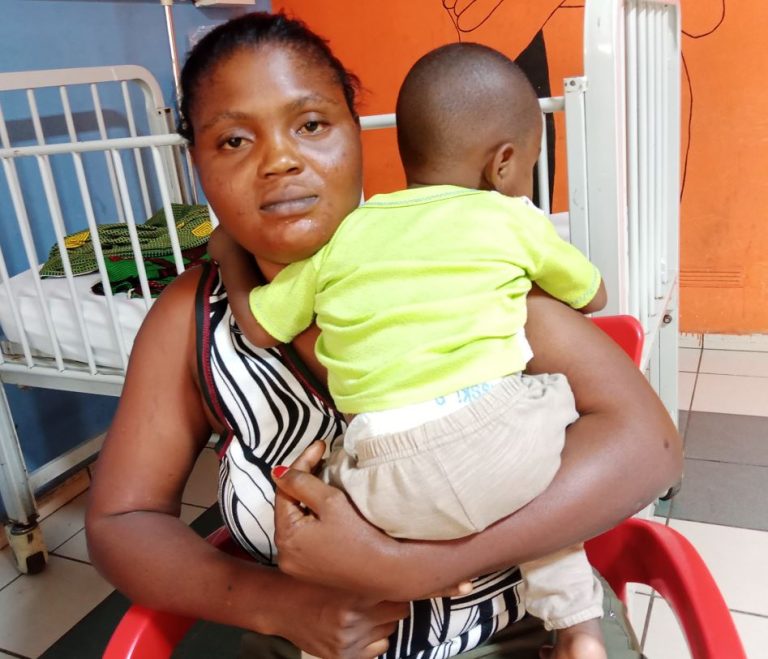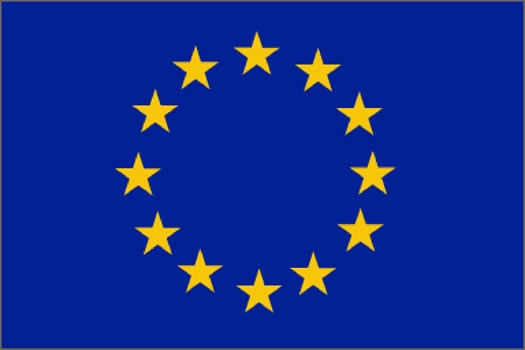A staggering estimate of N19.9 trillion in contingent liabilities looms over Nigeria from 2024...
Nigeria
LARA ADEJORO writes on how ignorance about cleft and palate diagnosis, care, and treatment remains...
For the second year in a row, Wema Bank has emerged as the winner...
Agriculture, in a layman’s understanding is the process of rearing animals and cultivation of...
By Agency The Minister of Women Affairs, Mrs Uju Kennedy-Ohanenye, said 27,698 cases of...
By Agency Nigeria has attained a 78 percent coverage rate for the Human Papillomavirus...
Every year, Nigeria witnesses tons of edible, non-expired foods ending up in landfills, a...
By Agency The European Union Delegation to Nigeria and ECOWAS on Tuesday allocated the...
The United Kingdom government has expressed its commitment to support Nigeria and attract more...
Trapped funds by foreign carriers operating in Nigeria and other parts of Africa have...








